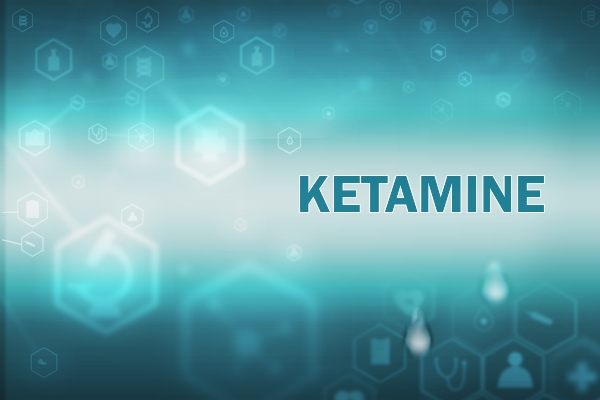 According to an article in The Journal of Clinical Psychiatry, nearly 3 million adults have treatment-resistant depression. Ask a psychiatrist, and they are likely to tell you that TRD is common due to unemployment rates and the high cost of living. For some, though, there is an answer. Some people who have TRD are turning to ketamine as a coping tool.
According to an article in The Journal of Clinical Psychiatry, nearly 3 million adults have treatment-resistant depression. Ask a psychiatrist, and they are likely to tell you that TRD is common due to unemployment rates and the high cost of living. For some, though, there is an answer. Some people who have TRD are turning to ketamine as a coping tool.
Understanding treatment-resistant depression
While there are no solid diagnostic criteria for declaring that someone has treatment-resistant depression, most mental health professionals agree that it occurs in people who have tried at least two common treatments for depression without seeing any positive results. This does not mean that TRD is not treatable, though. It simply means that common treatments, such as talk therapy or antidepressants, are not enough for the patient. For this reason, people who have TRD may be able to try ketamine as a treatment option.
How ketamine helps treatment-resistant depression
Ketamine can make a person feel detached from their environment by inducing depersonalization. Research suggests that people who have TRD and use ketamine as a treatment option find relief from depression because of depersonalization. One study that included 41 people who have TRD showed that a single ketamine dose rapidly decreased depression in 27% of the participants.
There are different types of ketamine
A person who decides to try ketamine for treatment-resistant depression will have two choices. The first choice is known as racemic ketamine. Typically, this type is infused into the bloodstream via an IV, so it is often referred to as IV ketamine. Racemic ketamine is a combination of two molecules, "R" and "S." The FDA approved it as an anesthetic long ago, but it is still only used off-label to treat depression. The other type of ketamine is known as esketamine or Spravato. It is FDA-approved and provided to patients as a nasal spray.
Side effects of ketamine treatment
As with any medication for depression, patients who use ketamine may experience some side effects. Even so, many patients decide that the benefits of ketamine treatment outweigh the side effects. Common side effects of using ketamine include nausea and vomiting or high blood pressure. Because of the nature of the treatment, many patients also experience perceptual disturbances, such as time feeling as if it is speeding up or going slower than normal. Dissociation is also common and may cause the patient to feel as if they are having an out-of-body experience. Typically, perception or dissociation side effects end quickly.
What to expect when using ketamine for treatment-resistant depression
The treatment a patient receives from a psychiatrist depends on which type of ketamine they will use for their treatment. Those who receive the nasal spray will take it twice a week for up to four weeks. From there, they will receive it once a week for five more weeks. Finally, they will receive it once every other week.
Those who choose to have an IV infusion will need to do so in a doctor's office. Some doctors also provide lozenges to keep depression symptoms at bay between IV infusions.
Conclusion
Ketamine is increasingly common as a solution for people who experience treatment-resistant depression. A psychiatrist can help you to determine if ketamine may be a treatment option for you.
Request an appointment or call Future Psych Ketamine Clinics at 843-788-9718 for an appointment in our Myrtle Beach office.
Related Posts
Norketamine plays a role in modern psychiatric care because it forms naturally in the body during ketamine therapy for certain mood disorders. Patients often hear the term during discussions about interventional psychiatry and wonder what it means for care and outcomes. While norketamine is not prescribed on its own, it helps explain how ketamine therapy…
Fibromyalgia treatment involves multiple stages of evaluation, planning, and ongoing support. In the early stages, fibromyalgia treatment focuses on identifying symptom patterns and determining whether ketamine-assisted care is appropriate. Throughout the full process, these treatment sessions aim to improve comfort, function, and long-term management.The process begins with a detailed clinical assessment. A psychiatrist conducts an…
Psychedelic therapy offers a new option for some patients who do not improve with standard mental health care. In a psychiatric setting that focuses on treatment-resistant depression, this approach enters the conversation only after multiple evidence-based treatments have produced limited relief. The goal never centers on novelty or trends, but on careful, guided use of…
